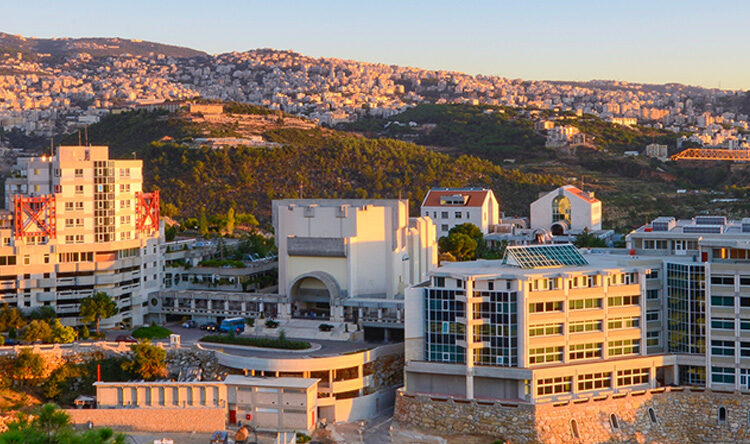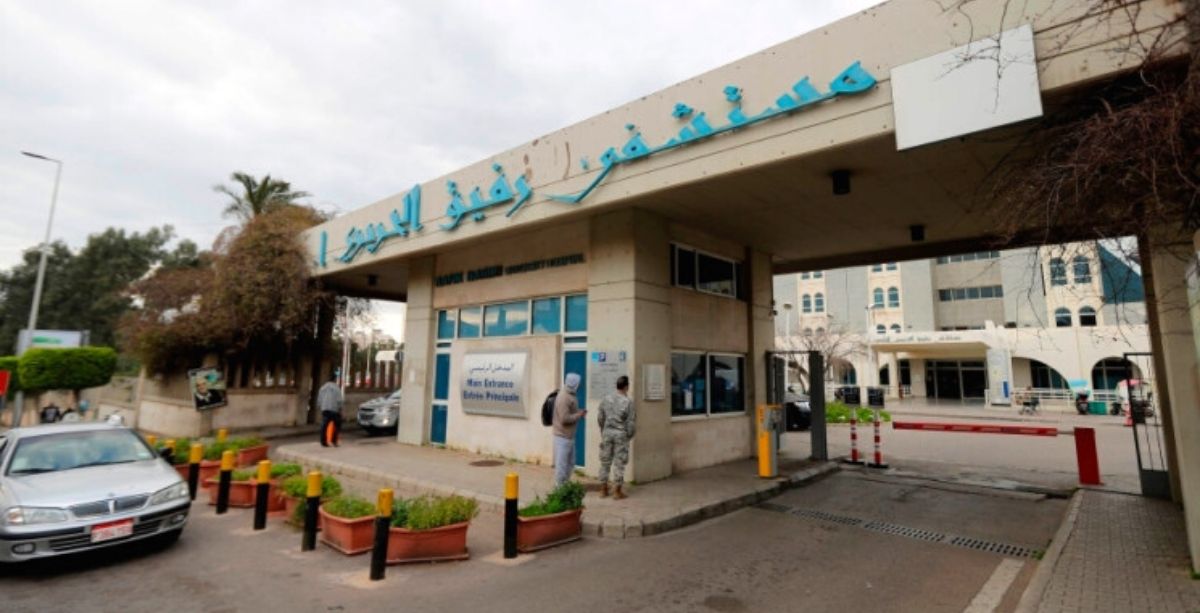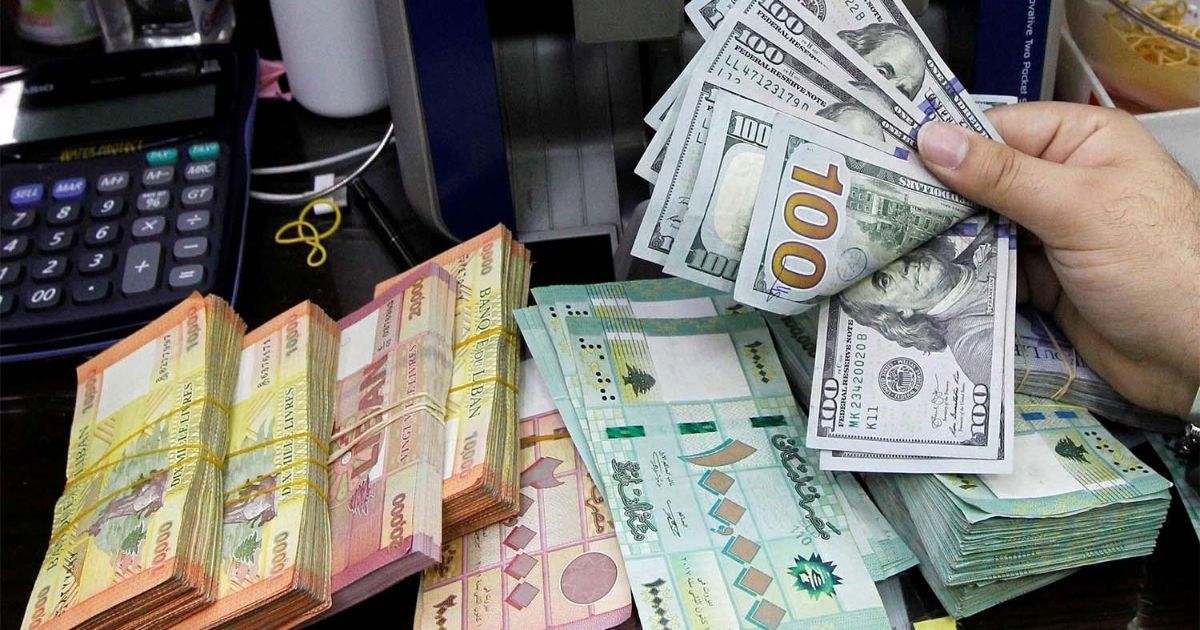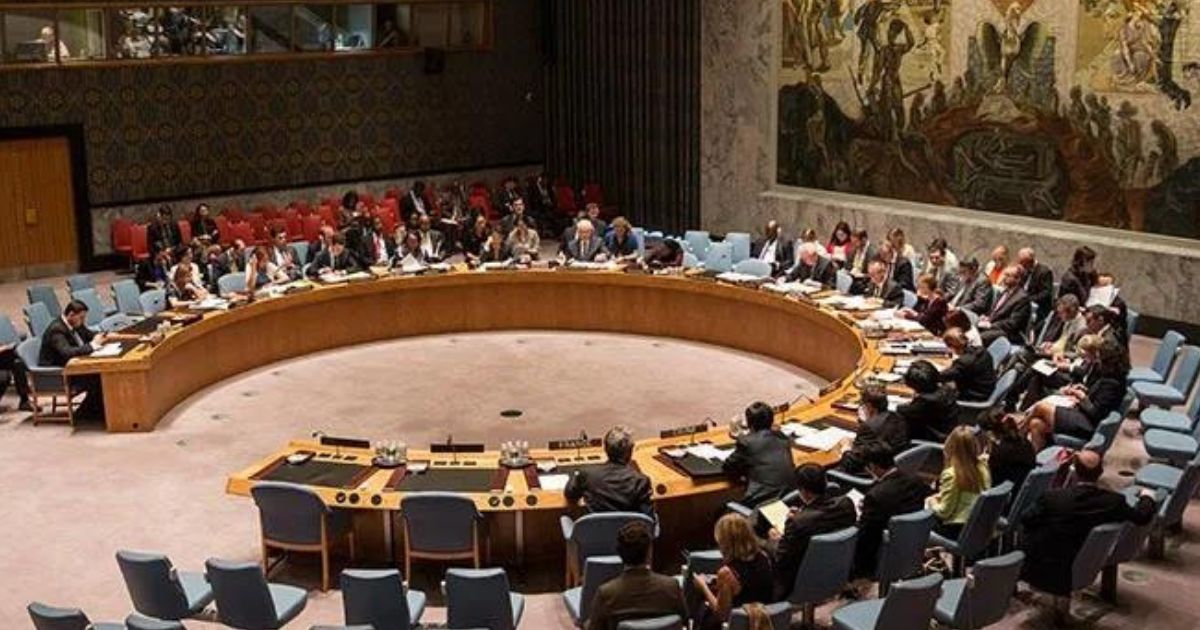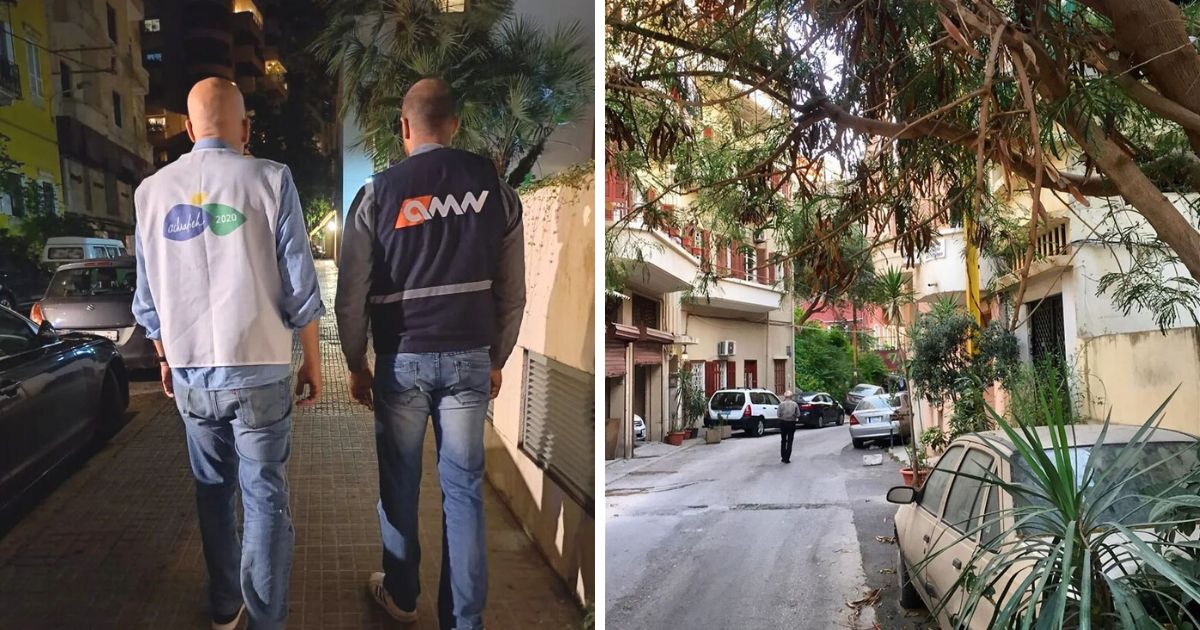Notre Dame University (NDU) decided to increase its tuition fees and price it according to the LBP 3,900/USD rate, instead of LBP 1,515.
NDU is known for taking care of its students’ safeguard and needs, however, the students feel that this time their university has failed them.
The tuition fees during the academic year 2020-2021 were LBP 575,000, which amounted to $380 based on the LBP 1,515/USD rate for undergraduates. Now, the tuition for the academic year 2021-2022 has increased to LBP 1,490,000.
In USD, the tuition is still $380 but, according to the LBP 3,900/USD rate for undergraduates, the tuition has in fact more than doubled from the previous year.
“Tuition fees for graduate students are also worse!! The credit’s price increased from 900,000 to 2,305,000!! Which is unacceptable at all,” commented Mohamad Sweidan on social media.
The decision to dollarize their tuition has caught the students in shock since, according to them, their university didn’t email them to inform them of the decision. They only knew about the updated tuition fees from an NDU post online.
From shock to resentment over what they call “the dollarization of their future,” the students are sharing their concerns on how they would be able to continue their education.
Many of them, if not most, rely on the income of their families, which is in Lebanese Pounds and/or based on the LBP 1,515/USD rate.
The university’s clubs raised their voices and concerns to the president by email and through a meeting to discuss the new decision.
Several points were discussed, and options were presented, including granting financial aid for everyone. However, the decision is not yet final.
The university made it clear that it is well aware of the economic crisis the country is going through, from fuel, constant power cuts, and dollar fluctuation, and that it is trying its best to keep everyone satisfied without failing the students or the staff.
It has implemented a financial strategy to increase its financial aid, launching a new “tuition fee assistance” exceptionally for the academic year 2021-2022 “for students with proven financial need.”
This controversial situation in universities across Lebanon raises an important question regarding the future of the Lebanese youth and that of the Lebanese society overall.
Lebanon has always taken pride in its educated population, ensuring generations of highly educated people; a widely known characteristic of Lebanon and its most vital assets.
With the economic crisis striking the education sector, universities and schools struggling to cope, and students and parents unable to pay the skyrocketing tuition fees, will Lebanon lose one of its most important characteristics?
